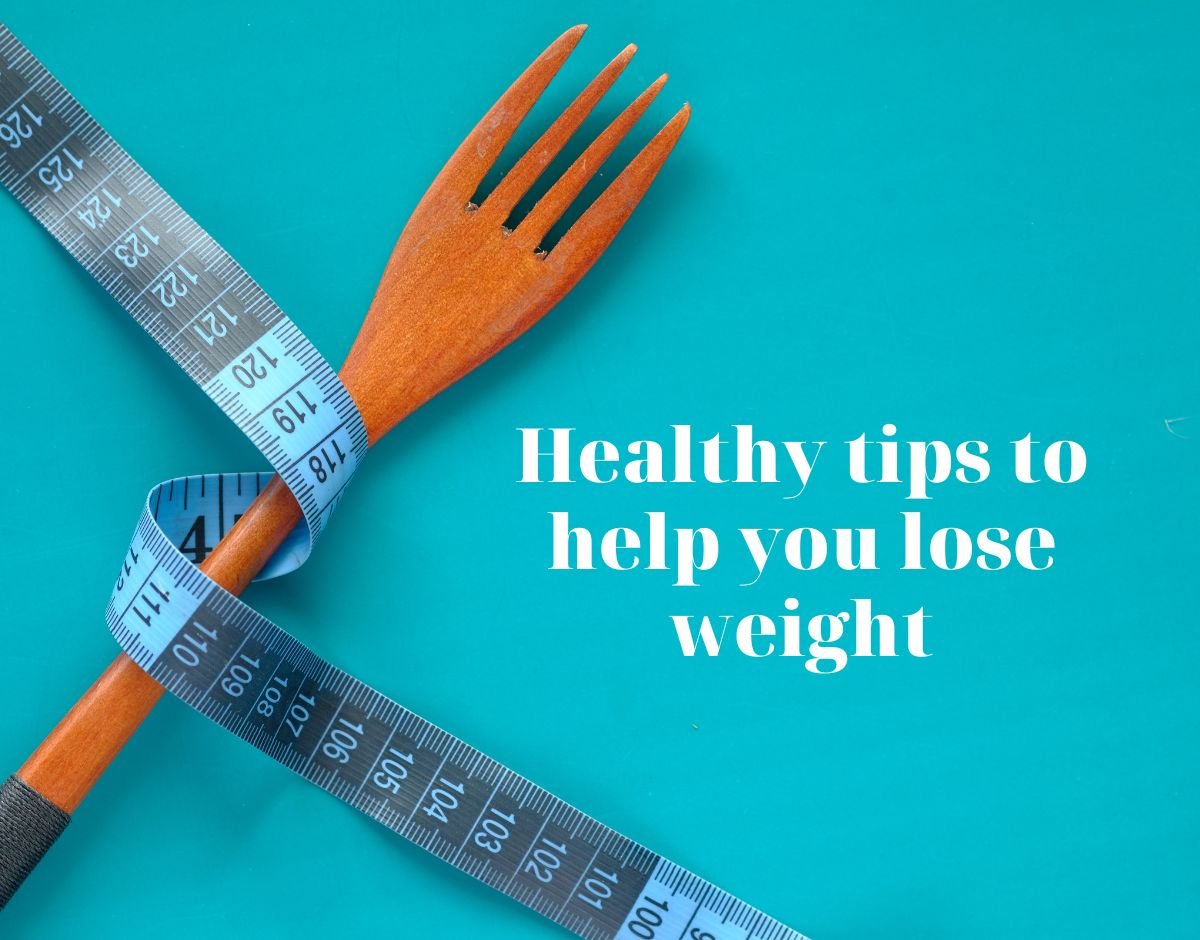Losing weight is about more than just looking good; it’s about feeling great and reducing your risk of health problems. Let’s look at some easy actions you can do to get to and stay at a healthy weight.
Understanding Weight Loss
What is Weight Loss?
Weight loss simply means shedding excess pounds from your body through a combination of healthy eating, physical activity and lifestyle changes.
Why is it Important?
In addition to improving your energy levels and general well being maintaining a healthy weight is essential for preventing diseases like diabetes, heart disease and high blood pressure.
Simple Strategies for Success
Eat Well
Emphasize the inclusion of ample servings of fruits, vegetables, lean protein sources and whole grains in your dietary regimen. Try to limit processed foods, sugary snacks and high-calorie drinks.
Move More
Find ways to incorporate physical activity into your daily routine, whether it’s going for a walk, riding a bike or dancing around your living room.
Watch Portions
Be mindful of how much you’re eating. Opt for smaller plates, monitor your portion sizes and listen to your body’s signals of hunger and fullness.
Stay Hydrated
Drink plenty of water throughout the day. Sometimes our bodies mistake thirst for hunger so staying hydrated can help prevent overeating.
Get Enough Sleep
Make sure you’re getting plenty of rest each night. Hormone disturbance from lack of sleep can complicate weight loss efforts.
Common Myths Debunked
Crash Diets
Extreme diets may lead to rapid weight loss, but they’re often unsustainable and can be harmful to your health in the long run.
Spot Reduction
It’s important to understand that you cannot selectively reduce fat from specific areas of your body. It is better to concentrate on losing weight overall by combining exercise and diet.
Supplements
While some supplements may aid in weight loss, they’re not a magic solution. Its best to focus on eating a balanced diet and staying active.
The benefits of success
Improved health
Your overall quality of life can be enhanced and your risk of chronic diseases can be decreased by losing weight.
More Energy
Being overweight can make you feel tired and lacking in energy. You may have greater energy to get through the day if you lose weight.
Better Self-Esteem
Achieving your weight loss goals can boost your confidence and help you feel better about yourself.
Overcoming Challenges
Plateaus
It’s normal to hit a plateau in your weight loss journey. Keep your composure and dedication to your goals.
Temptations
Resist the urge to give in to unhealthy cravings by planning ahead and finding healthier alternatives.
Lifestyle Changes
Successful weight loss requires making long-term changes to your habits. Include the things you enjoy doing in your everyday routine.

Setting Realistic Goals
Start Small
Establish realistic goals for yourself and take time to acknowledge and celebrate your accomplishments as you make progress.
Stay Positive
Concentrate on what you’re capable of achieving rather than dwelling on what you cannot do. Recall that each step you take toward your goal is a step in the right direction.
Conclusion
Losing weight doesn’t have to be complicated. By making small changes to your diet, exercise routine and lifestyle you can achieve and maintain a healthy weight for life.
FAQs
1. Are fad diets effective for long-term weight loss?
– No, fad diets don’t work long-term.
2. How much exercise do I need for weight loss?
– Aim for 150 minutes of moderate exercise weekly for weight loss.
3. Can I lose weight without dieting?
– Yes, you can lose weight without strict diets.
4. Can drinking more water help with weight loss?
– Yes, drinking more water can aid weight loss.
5. How do I maintain my weight loss once I have reached my goal?
– Maintain weight loss with healthy eating and exercise habits.
